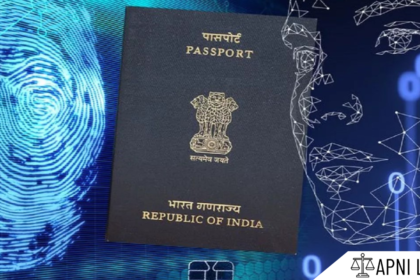In a significant ruling on August 22, the Supreme Court of India emphasised the need to balance requirement of sureties. It should be balanced with the constitutional right to personal liberty. When an accused person is granted bail in multiple cases but struggles to find separate sureties for each. This decision came during the hearing of a writ petition filed by Girish Gandhi. He had been granted bail in 13 different cases across various states. But, had continued to be incarcerated due to his inability to secure multiple sureties.
The bench, comprised Justices B.R. Gavai and K.V. Vishwanathan. They highlighted that sureties are crucial for ensuring the presence of the accused on bail. Although, imposing excessive surety conditions may violate the accused’s fundamental rights. The rights are mentioned under Article 21 of the Constitution of India. The Court noted that requiring separate sureties for each case could amount to imposing “excessive bail conditions,”. This contradicts the very purpose of granting bail.
The petitioner had sought relief under Article 32 of the Constitution, requesting that the personal bonds and sureties he provided in one case be applicable to other cases as well. The respondent states, Uttar Pradesh, Rajasthan, Punjab, and Uttarakhand, argued that separate sureties are required for each FIR, and a surety cannot be held liable for amounts exceeding the bond they furnished.
During trial
Rejecting the respondents’ arguments, the Supreme Court reiterated the principle that “excessive bail is no bail.” The Court stated, “To grant bail and thereafter impose excessive and onerous conditions is to take away with the left hand what is given with the right.” The Court emphasised that what constitutes “excessive” depends on the facts and circumstances of each case.
The bench also referred to the definitions of “surety” in the Oxford Dictionary and P. Ramanatha Aiyar’s Advanced Law Lexicon, underscoring the practical difficulties faced by individuals in finding sureties, particularly in criminal cases. The Court acknowledged the reality that an accused may be reluctant to disclose their legal troubles to relatives and friends, further narrowing the pool of potential sureties.
In light of these considerations, the Court ruled that a solution must be found within the legal framework that upholds both the accused’s fundamental rights and the need to ensure their presence at trial. The Court ordered that for the pending FIRs in Uttar Pradesh, Rajasthan, Punjab, and Uttarakhand, the petitioner will furnish a personal bond of Rs. 50,000 and provide two sureties, each executing a bond of Rs. 30,000. This arrangement will apply to all FIRs within the respective states.
The Supreme Court further allowed the same set of sureties to stand for all cases across these states, stating, “We believe this direction will meet the ends of justice and will be proportionate and reasonable.”











